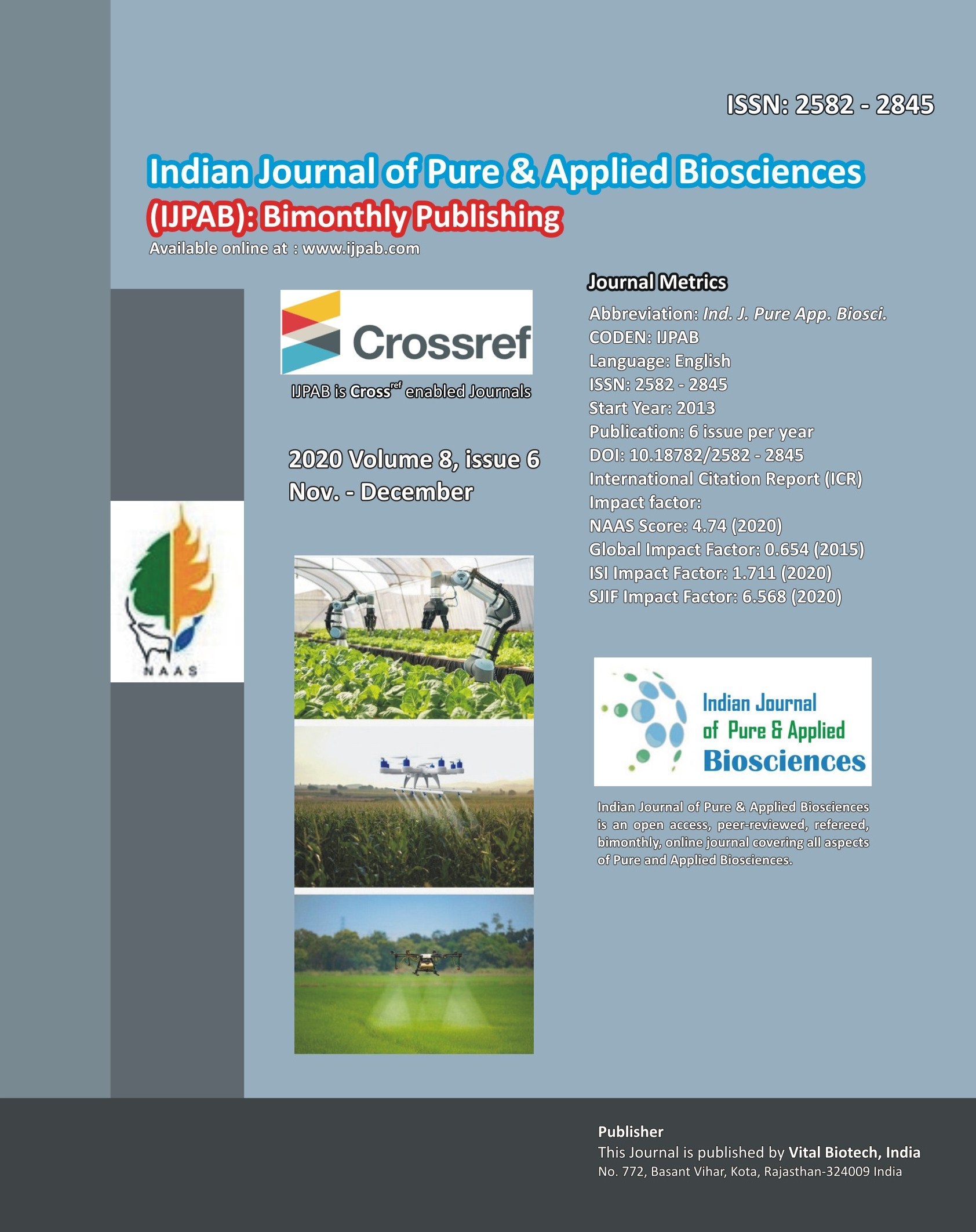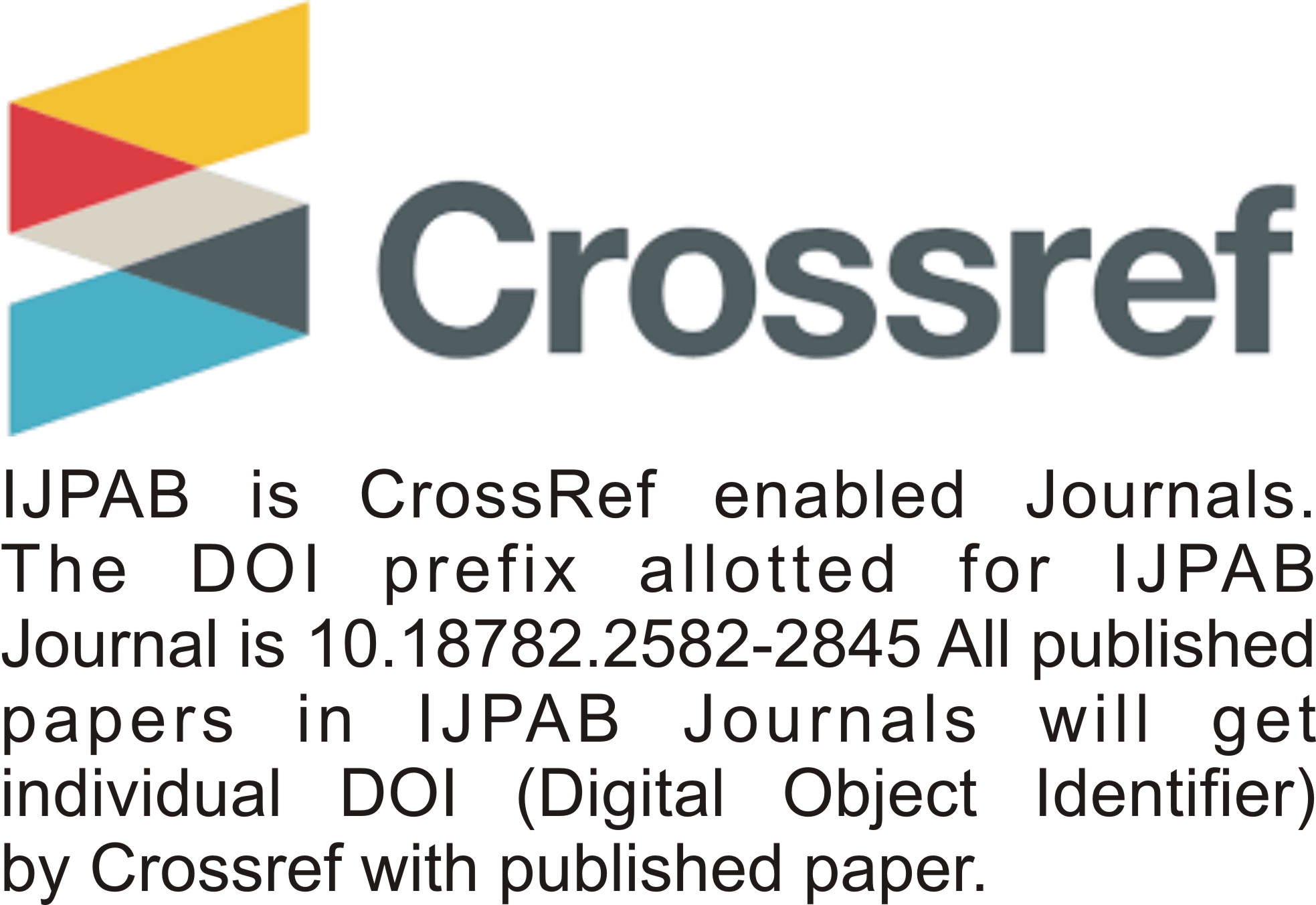
-
No. 772, Basant Vihar, Kota
Rajasthan-324009 India
-
Call Us On
+91 9784677044
-
Mail Us @
editor@ijpab.com
Indian Journal of Pure & Applied Biosciences (IJPAB)
Year : 2020, Volume : 8, Issue : 6
First page : (34) Last page : (45)
Article doi: : http://dx.doi.org/10.18782/2582-2845.8429
Microbial Siderophores: A Prospective Tool for Strategic Medical Interventions
Colombowala Alazhar ![]() and Aruna K.*
and Aruna K.*
Department of Microbiology, Wilson College, Mumbai 400007, Maharashtra, India
*Corresponding Author E-mail: arunasam2000@gmail.com
Received: 13.10.2020 | Revised: 20.11.2020 | Accepted: 26.11.2020
ABSTRACT
Siderophores are naturally occurring iron-chelating compounds secreted by micro-organisms and plants. They are responsible for enhancing the uptake of iron from the surrounding environment to carry out vital metabolic processes. The production of siderophore is induced under iron-limiting conditions, and accumulation/transport of iron is strictly regulated at the molecular level. A variety of siderophores are identified from micro-organisms and, based on their chemical structure and functional groups, classified into 3 types viz., hydroxamate, catecholate and carboxylate. Modern biotechnological strategies have widened the scope of siderophores for various medical applications by uniquely exploiting the metabolic processes of pathogens against their own survival. This is achieved with the help of “Trojan horse” and similar strategies that has allowed targeted drug delivery for treatment of infections caused by multi-drug resistant pathogens, iron overload disorders as well as metal poisoning. Although siderophores show considerable potential in various environmental fields, the current review selectively explores the medical applications of siderophores.
Keywords: Biotechnology, Iron, Iron overload disorders, Siderophores, Trojan horse.
Full Text : PDF; Journal doi : http://dx.doi.org/10.18782
Cite this article: Alazhar, C., & Aruna, K. (2020). Microbial Siderophores: A Prospective Tool for Strategic Medical Interventions, Ind. J. Pure App. Biosci. 8(6), 34-45. doi: http://dx.doi.org/10.18782/2582-2845.8429

